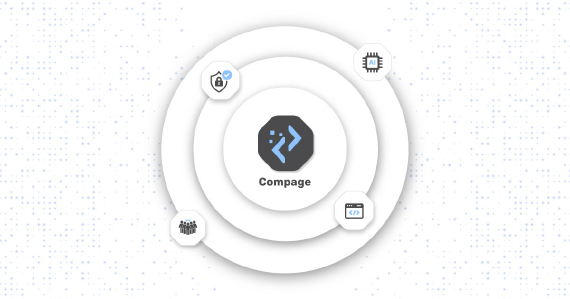
Kubernetes: Hello World
Imagine embarking on a journey across uncharted seas—the world of software deployment. Navigating these waters …

DevOps, literally, is the intersection of development and operations. It is an extremely broad term, used differently by different industries. The best definition for it is that it’s a combination of cultural philosophies, practices, and tools to release software fast and with high quality. This is accomplished by combining development, testing, security, and operations into a continuous and streamlined development/deployment process.
In order to recognize the benefits that DevOps brings to organizations, we must understand what DevOps is. The simplest way to understand DevOps is to consider it in the aspect of application development. Each time an application is created or updated, it follows a development process which ends with the app being deployed to the cloud or servers. The application is deployed in order to ensure delivery to its end-users. The application development process includes:
Each time an update happens to the application (i.e. a feature is added), you will need to run through the entire process. This would be fine, however, the process is riddled with hindrances which delay the release/deployment of new features. DevOps aims to improve on this process by making it faster, and delivering the same new features with minimal bugs.
The way the current process is set up, development and deployment (a.k.a. operations) are handled by two separate teams. This leads to obstacles which inhibit the process’s ability to implement new features, and introduces release delays. Some of which I have outlined below:
By removing one hindrance at a time, DevOps aims to combine all of these different areas (development, testing, security, and operations). This creates an automated and streamlined development/deployment process. In tackling each hindrance, a series of best practices have manifested to help organizations to adopt DevOps culture.
In order for organizations to fully embrace DevOps philosophies, there are some key practices that need to be implemented. Starting with:
Upon implementing the practices, hindrances in the old development process are eliminated. The organization who has now adopted the DevOps culture can reap the benefits, which include:
DevOps is broad terminology referring to the set of practices which help release software with speed and quality. These practices were created to overcome hindrances in the old development process. By using a DevOps mindset, organizations can implement these practices, and ultimately the DevOps philosophy. Once embraced, this philosophy offers numerous benefits to the organization such as reliability, scaling, and reduced delivery speed.

Imagine embarking on a journey across uncharted seas—the world of software deployment. Navigating these waters …

Efficiency and speed are vital for success in software development. Traditional manual coding is slow, …

Organizations today face a slew of challenges that significantly impact their growth. According to a survey …
Finding the right talent is pain. More so, keeping up with concepts, culture, technology and tools. We all have been there. Our AI-based automated solutions helps eliminate these issues, making your teams lives easy.
Contact Us